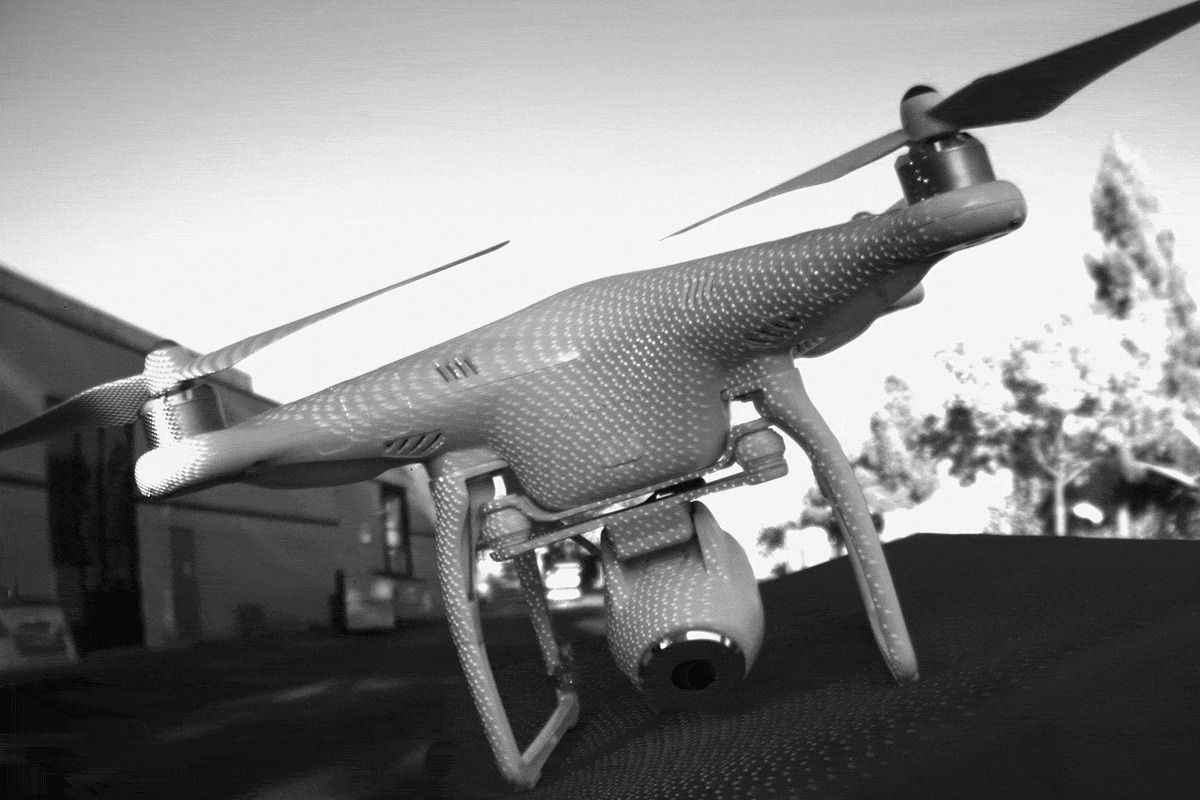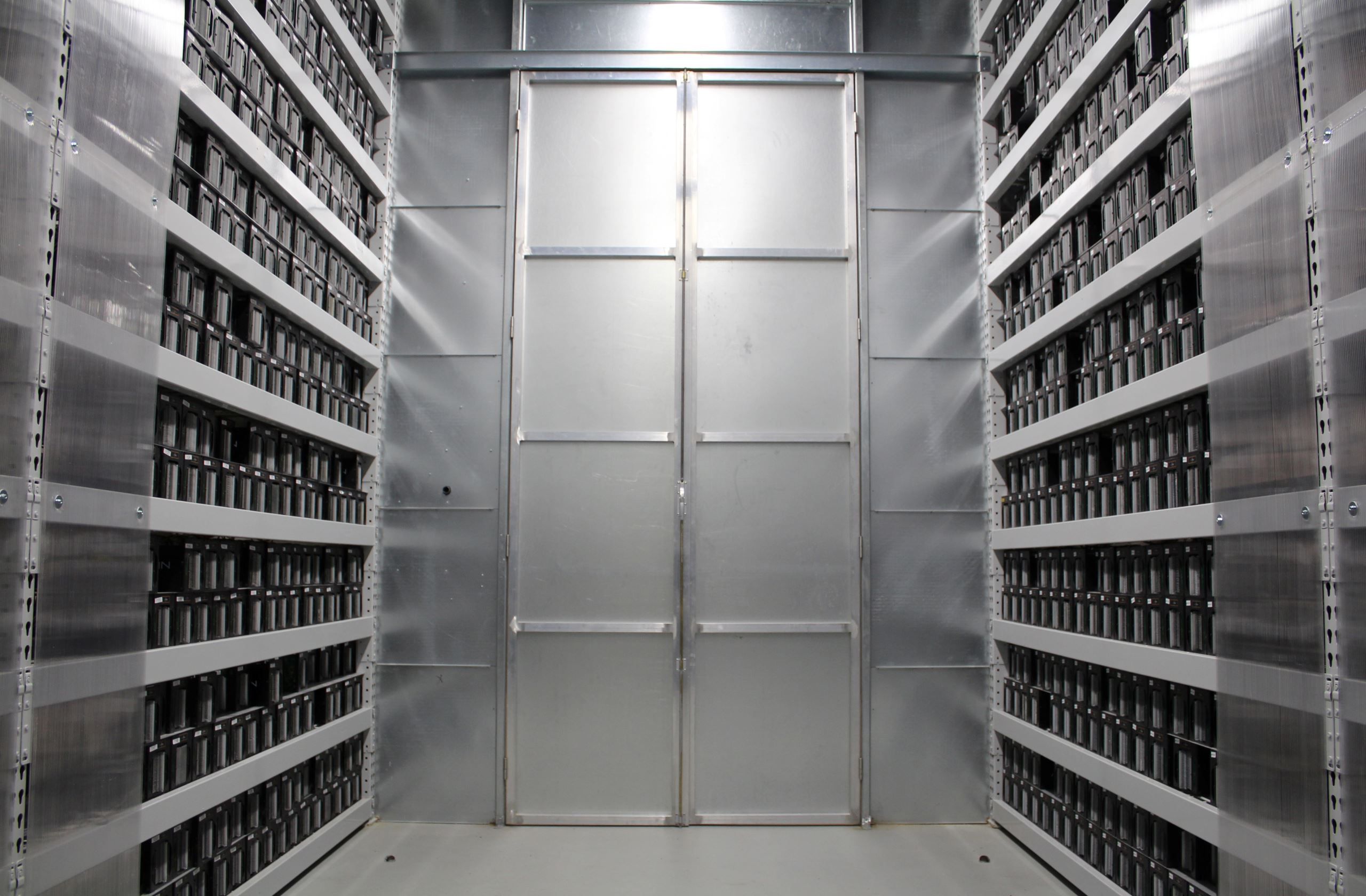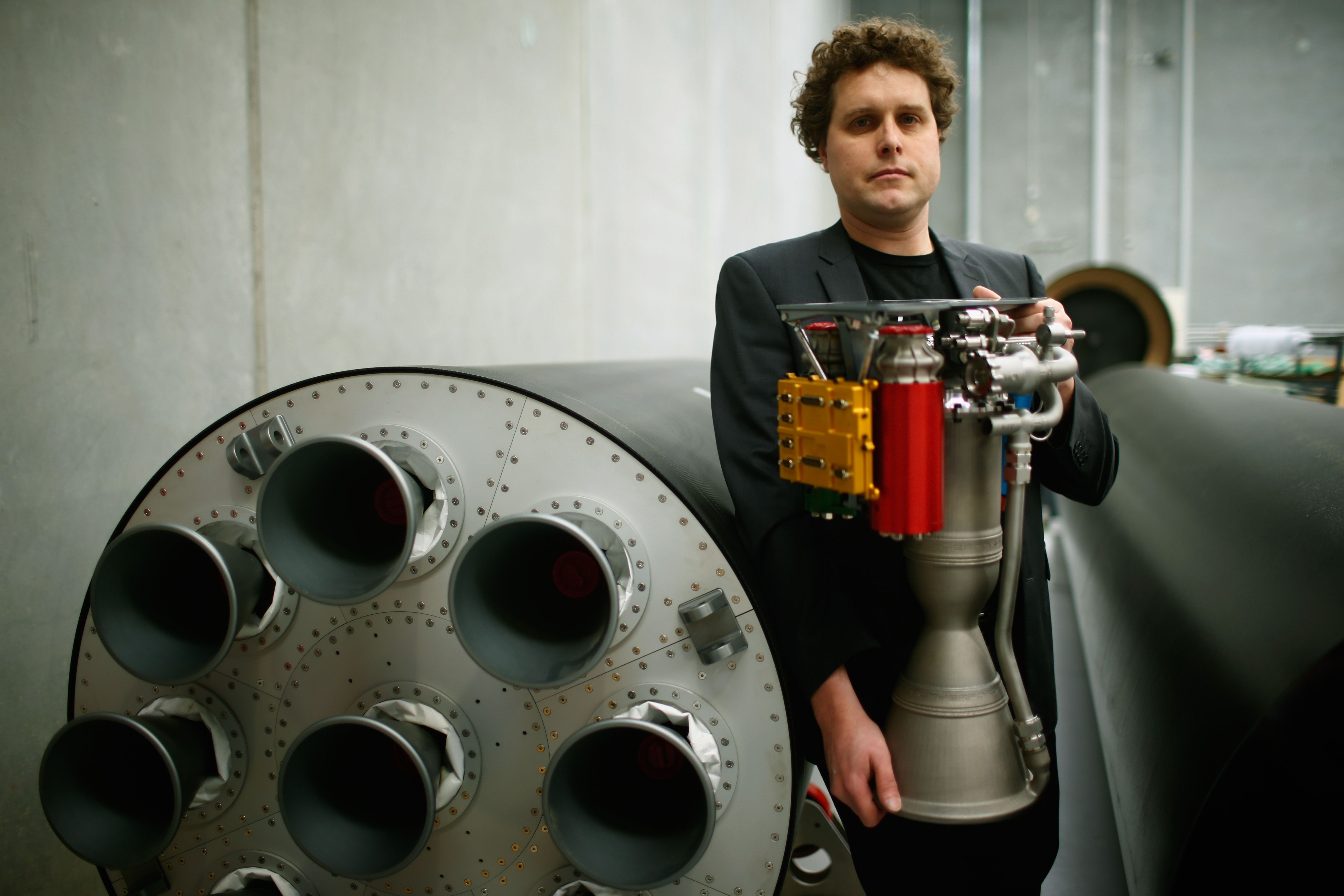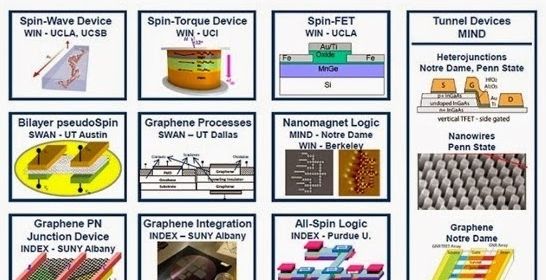Oct 13, 2016
Taiwan, China, Japan establishing their own Versions of DARPA
Posted by Karen Hurst in categories: military, policy
Taiwan’s Deputy Minister of National Defense Lee Hsi-ming recently said Taipei is seriously considering organizing its own DARPA to accelerate the research, development and application of military technology.
Lee’s statement, which was made at the 14th annual US-Taiwan Defense Industry Conference in Virginia, followed media reports saying Taiwan lags behind other East Asian countries in establishing a DARPA-like agency. Japan and China have already organized advanced defense research establishments.
Lee’s announcement about establishing a “Taiwanese DARPA,” however, triggered debate among legislators in the country’s parliament, the Legislative Yuan. Critics of the proposed think tank said the proposal for its creation might become a contentious policy item since it will require sharing or distributing funds across agencies.
Continue reading “Taiwan, China, Japan establishing their own Versions of DARPA” »


















